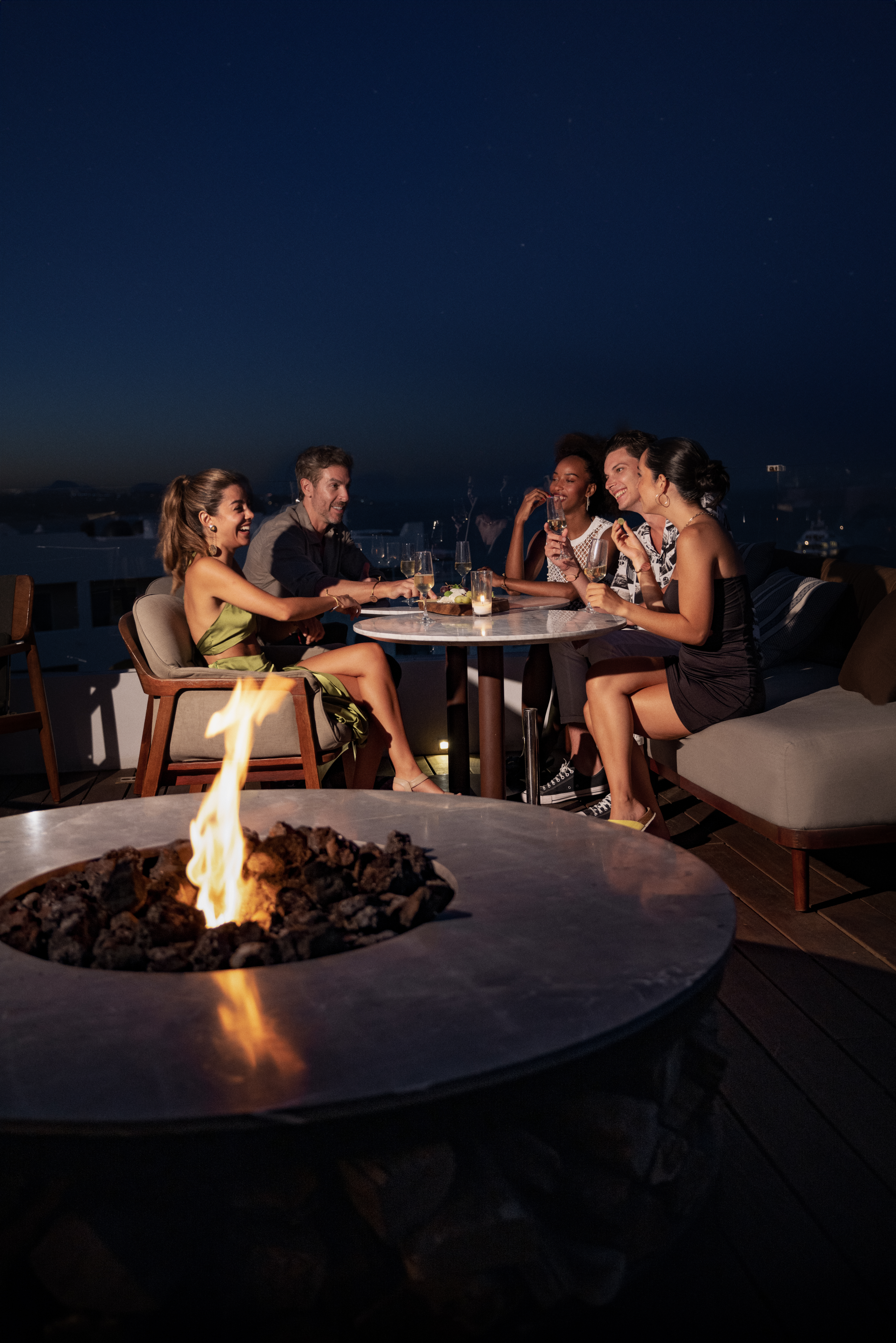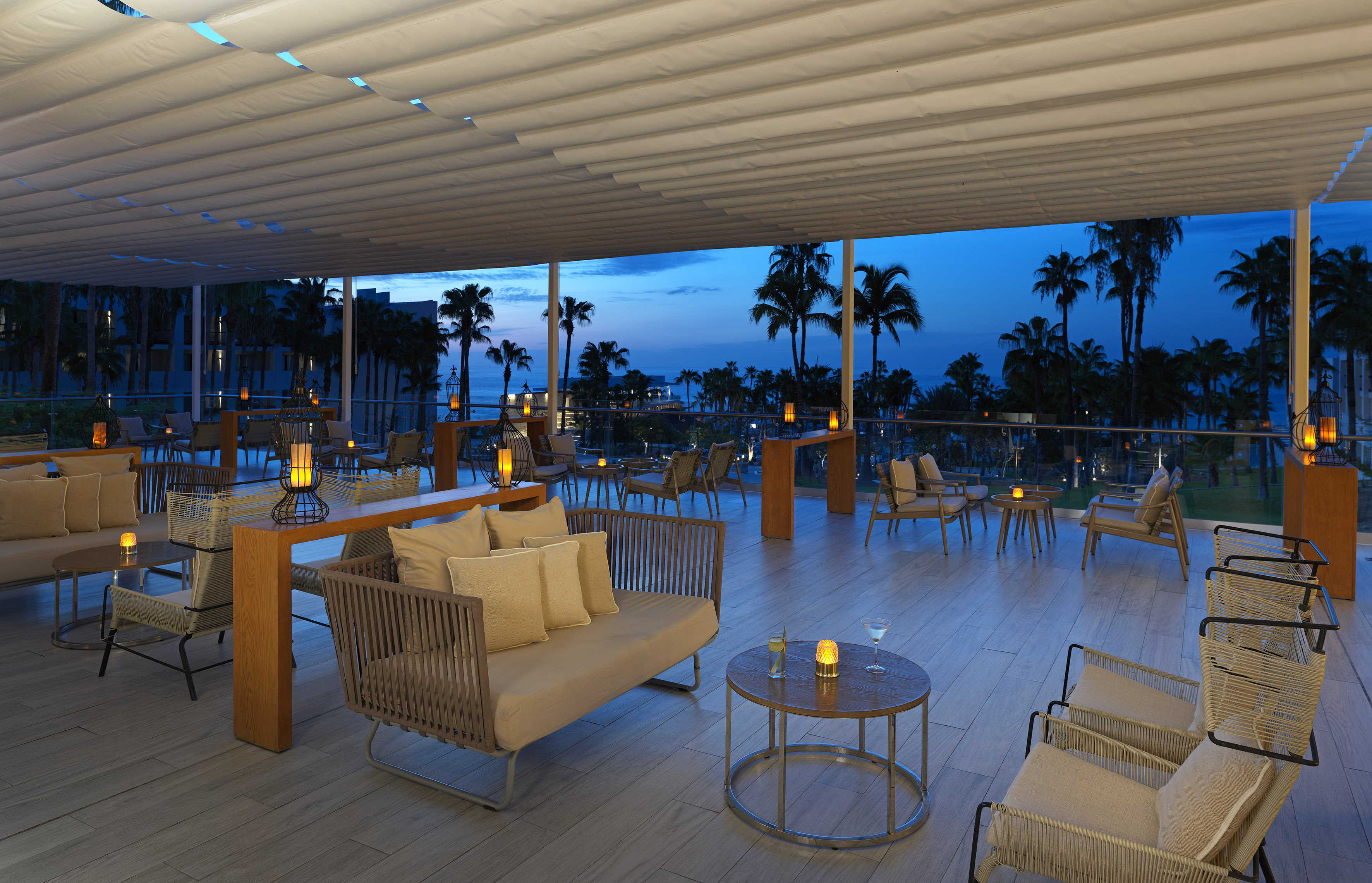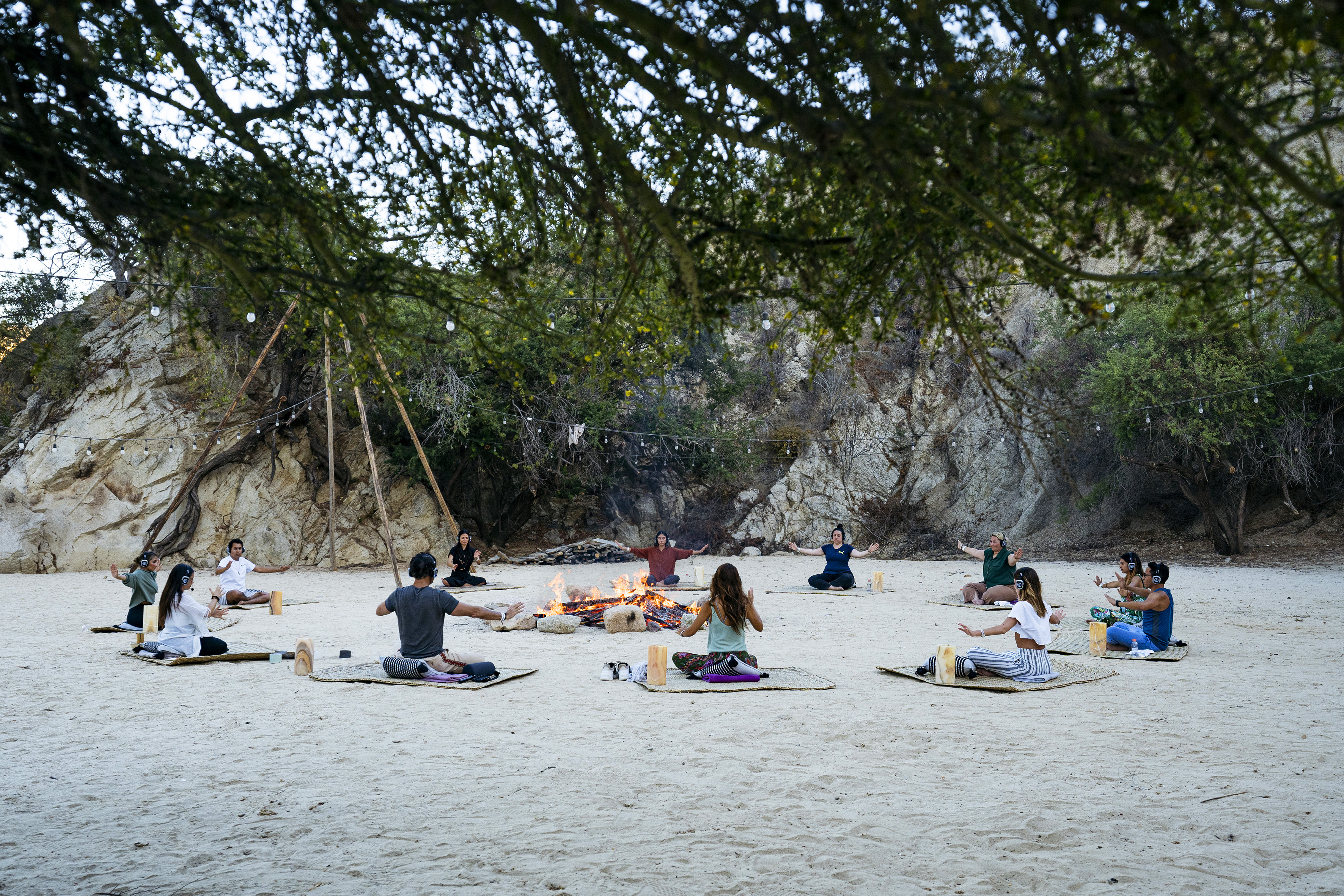My accountMy account
1
Los Cabos is a destination that combines natural beauty, a rich culture and a vibrant economy to create a unique experience for all visitors. With its warm weather, modern infrastructure and welcoming community, it is an ideal place to explore and enjoy an unforgettable stay.
Los Cabos is located at the southern end of the peninsula in the state of Baja California Sur, in the northwest of Mexico. It comprises two main cities: Cabo San Lucas and San José del Cabo are connected by a 32-kilometre corridor. This privileged location boasts spectacular views of the Pacific Ocean and Sea of Cortez, making it a paradise for nature lovers.
,regionOfInterest=(3064.5,2043.0))
,regionOfInterest=(2792.0,4184.0))
Los Cabos has experienced remarkable population growth in the last few decades, driven by tourism and foreign investment. The population is diverse, with a mix of locals, expats and tourists that contribute to a dynamic and multicultural community.
The predominant language in Los Cabos is Spanish, although English is widely spoken due to the large number of international tourists. The local culture is a rich blend of Mexican traditions and modern global influences, reflected in the local festivities and cultural events.
The Los Cabos economy is strongly driven by tourism, which represents a large part of local income. Industries such as fishing, agriculture and construction also play an important role in the regional economy.
,regionOfInterest=(1771.5,1139.5))
Tourism is the main driver of the economy in Los Cabos, with a well-developed infrastructure that includes luxury hotels, restaurants and recreational activities. Sport fishing and agriculture are also key industries, providing employment and resources for the local community.
,regionOfInterest=(1771.5,1181.0))
Tourism has transformed Los Cabos into a world-class destination, attracting millions of visitors every year. This constant flow of tourists has boosted economic development, creating jobs and improving local infrastructure, but it also creates challenges in terms of sustainability and conservation.
The content on this page has been created by Artificial Intelligence and reviewed to complete your journey.
By Rosana C. G.
Journalist with many years of experience creating digital content, my goal is to ensure that the content is useful, inspiring and true to the needs of travellers.